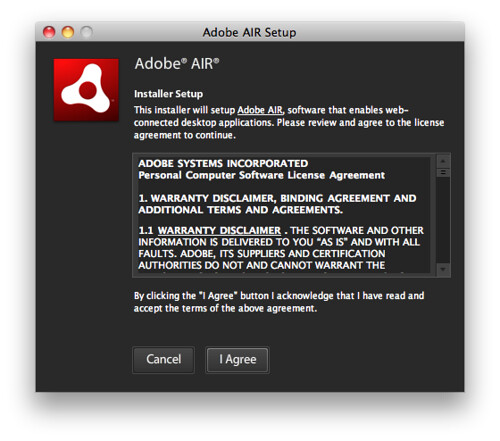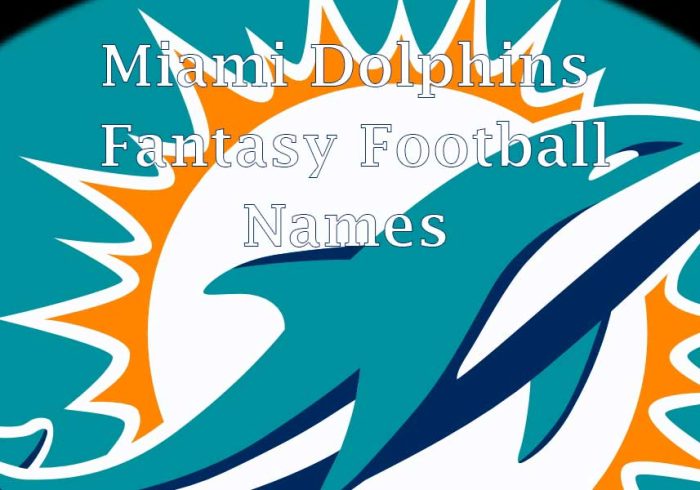In recent years, the Hungarian regulatory authority has been cracking down on unlicensed gambling operators and affiliate sites, aiming to protect consumers and ensure fair play in the industry. This move comes as part of the government’s efforts to regulate the gambling sector and prevent illegal activities from taking place.
The Hungarian Gambling Act of 2013 established a strict framework for online gambling, requiring operators to obtain a license from the regulatory authority, known as the National Tax and Customs Administration (NAV). This license ensures that operators meet certain standards and adhere to responsible gambling practices.
However, despite these regulations, some operators have been operating without a license, targeting Hungarian players and potentially exposing them to risks such as fraud and unfair practices. To combat this issue, the Hungarian regulatory authority has been actively taking action against these unlicensed operators and their affiliate sites.
One of the primary methods used by the regulatory authority is blocking access to unlicensed gambling websites. By collaborating with internet service providers, they can prevent Hungarian players from accessing these sites, effectively shutting them down within the country. This measure not only protects consumers but also discourages unlicensed operators from targeting the Hungarian market.
Additionally, the regulatory authority has been vigilant in identifying and penalizing affiliate sites that promote unlicensed gambling operators. Affiliate sites play a crucial role in driving traffic to online casinos and betting platforms. However, when these affiliates promote unlicensed operators, they contribute to the proliferation of illegal gambling activities. To deter this behavior, the regulatory authority has been imposing fines on these affiliate sites, aiming to discourage their involvement in promoting unlicensed operators.
The actions taken by the Hungarian regulatory authority have been met with mixed reactions. Supporters argue that these measures protect consumers from potential harm and ensure a level playing field for licensed operators who comply with regulations. They believe that by eliminating unlicensed operators and their affiliates, the industry can thrive in a safe and regulated environment.
However, critics argue that these actions may limit consumer choice and drive players towards unregulated platforms. They argue that instead of blocking access to unlicensed sites, the regulatory authority should focus on creating a more attractive and competitive environment for licensed operators. They believe that by offering better incentives and a wider range of games, licensed operators can effectively compete with unlicensed platforms.
It is worth noting that the Hungarian regulatory authority’s actions are not unique. Many countries around the world are taking similar steps to regulate the online gambling industry and protect their citizens. The rise of online gambling has brought both opportunities and challenges, and governments are increasingly recognizing the need for effective regulation to ensure consumer safety.
In conclusion, the Hungarian regulatory authority’s actions against unlicensed gambling operators and affiliate sites demonstrate their commitment to protecting consumers and maintaining a fair and regulated gambling industry. While there are differing opinions on the effectiveness of these measures, it is clear that the government is taking steps to ensure a safe and responsible gambling environment for Hungarian players.




